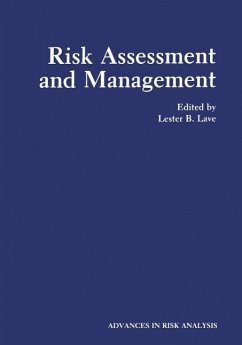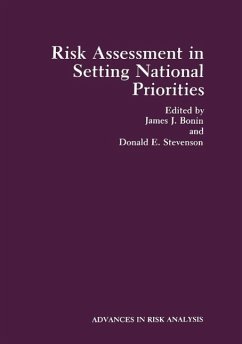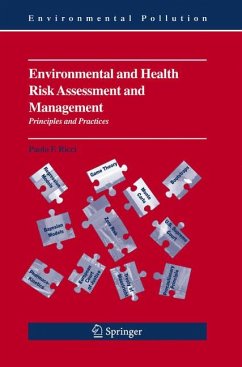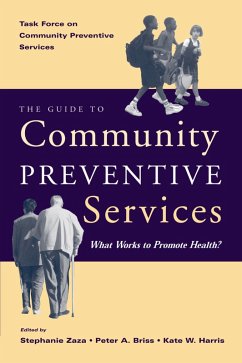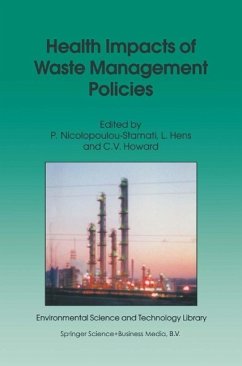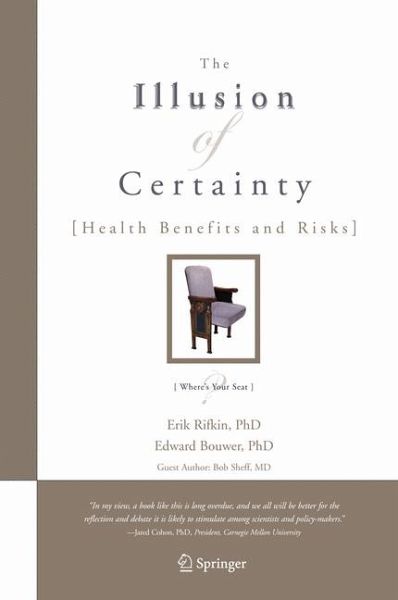
The Illusion of Certainty (eBook, PDF)
Health Benefits and Risks
Versandkostenfrei!
Sofort per Download lieferbar
40,95 €
inkl. MwSt.
Weitere Ausgaben:

PAYBACK Punkte
20 °P sammeln!
This book provides the reader with an understanding and appreciation of the risk assessment process and the ability to objectively interpret health risk values. Included is an explanation of the uncertainty inherent in the assessment of risks as well as an explanation of how the communication and characterization of risks can dramatically alter the perception of those risks. Risk statements tend to be presented as if they are authoritative, definitive, and based on clear and unequivocal evidence, which leads to the illusion of certainty. In this context, this book compares and contrasts the di...
This book provides the reader with an understanding and appreciation of the risk assessment process and the ability to objectively interpret health risk values. Included is an explanation of the uncertainty inherent in the assessment of risks as well as an explanation of how the communication and characterization of risks can dramatically alter the perception of those risks. Risk statements tend to be presented as if they are authoritative, definitive, and based on clear and unequivocal evidence, which leads to the illusion of certainty. In this context, this book compares and contrasts the differences between risk assessment and causality. Case studies illustrate the strengths and limitations of characterizing certain risks. Using the accepted risk assessment paradigm proposed by the National Research Council, these case studies illustrate which risk values have merit and why other assessments fail to meet basic criteria.
Dieser Download kann aus rechtlichen Gründen nur mit Rechnungsadresse in A, B, BG, CY, CZ, D, DK, EW, E, FIN, F, GR, HR, H, IRL, I, LT, L, LR, M, NL, PL, P, R, S, SLO, SK ausgeliefert werden.




